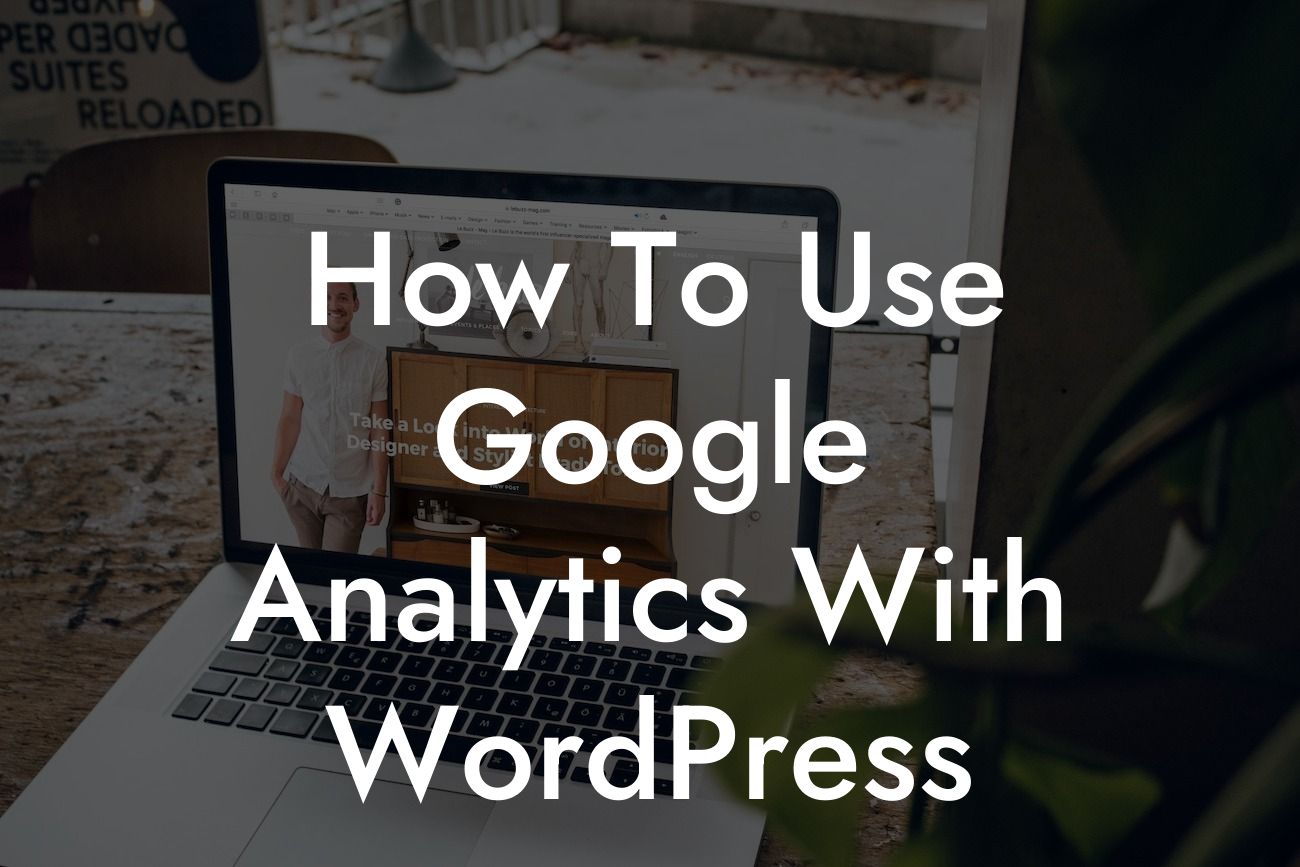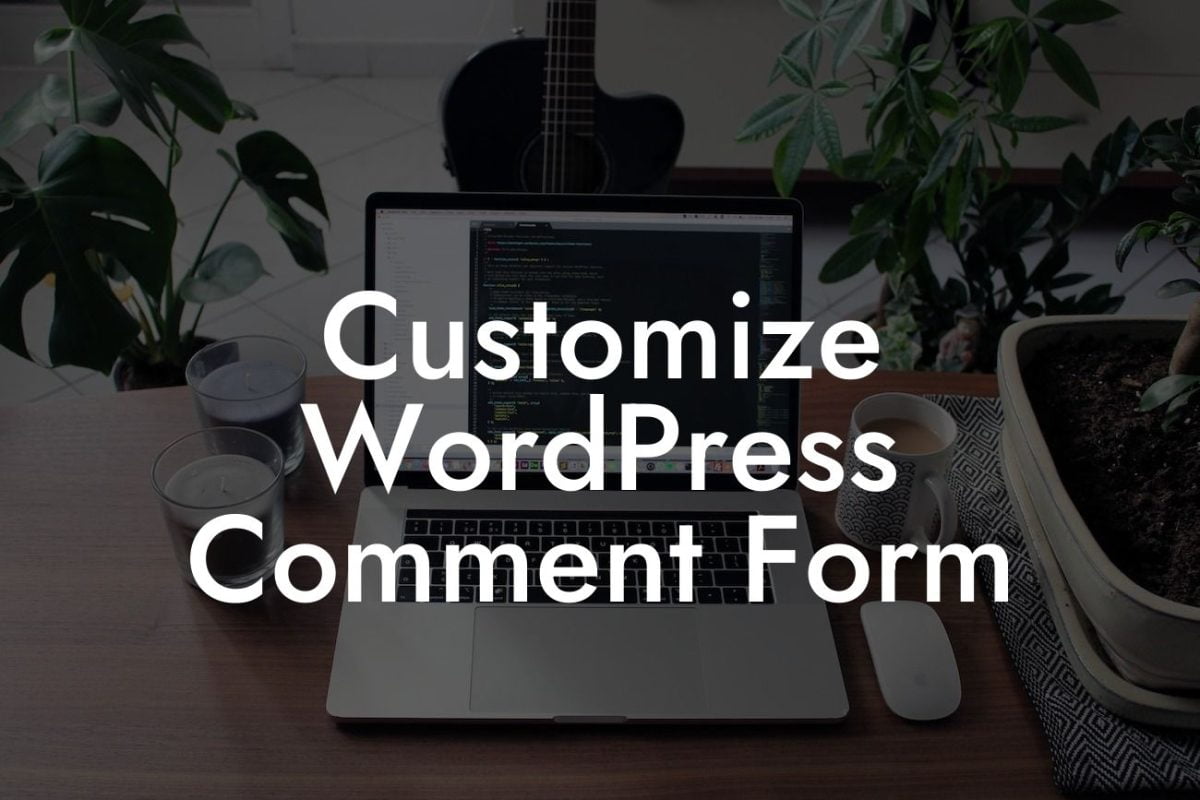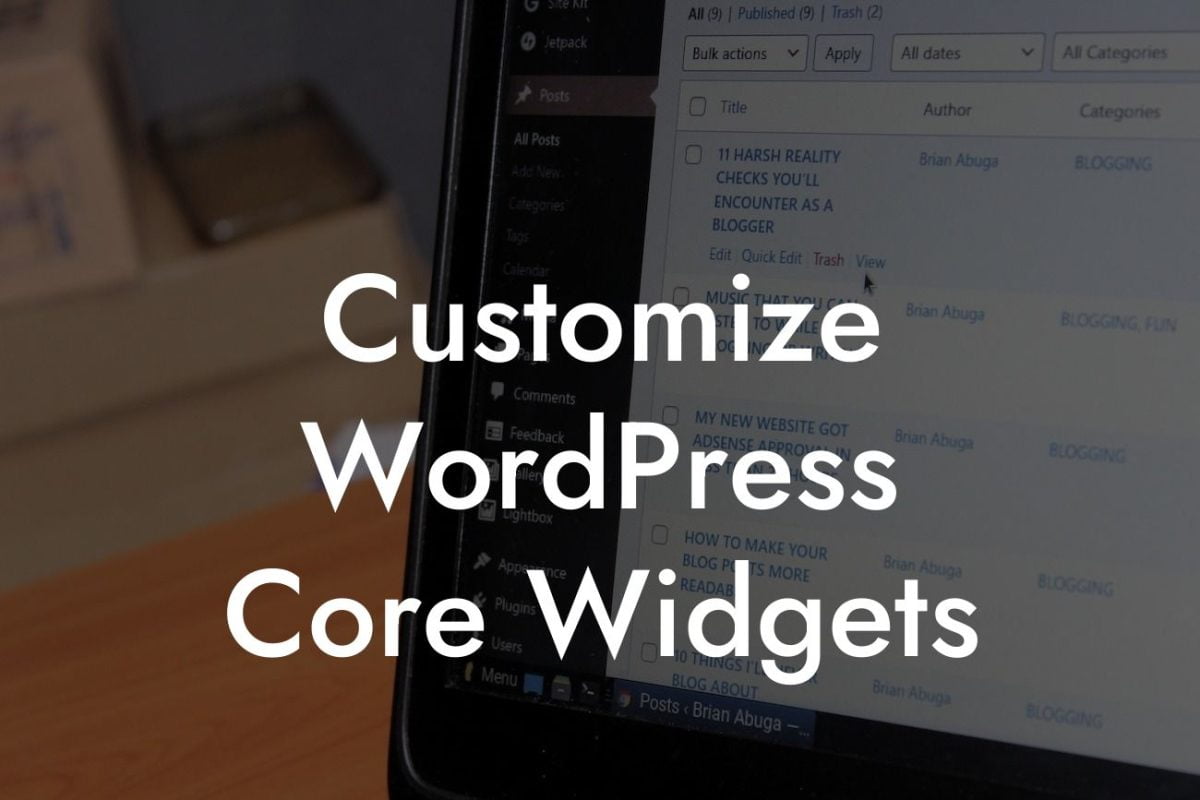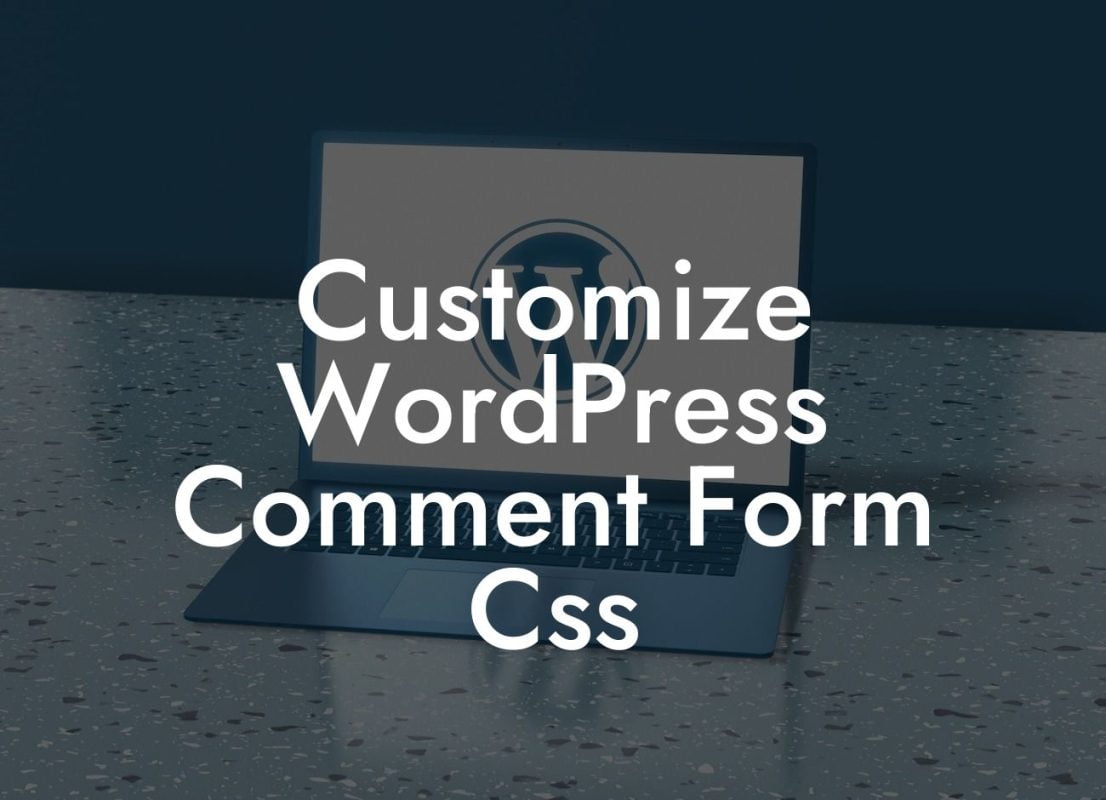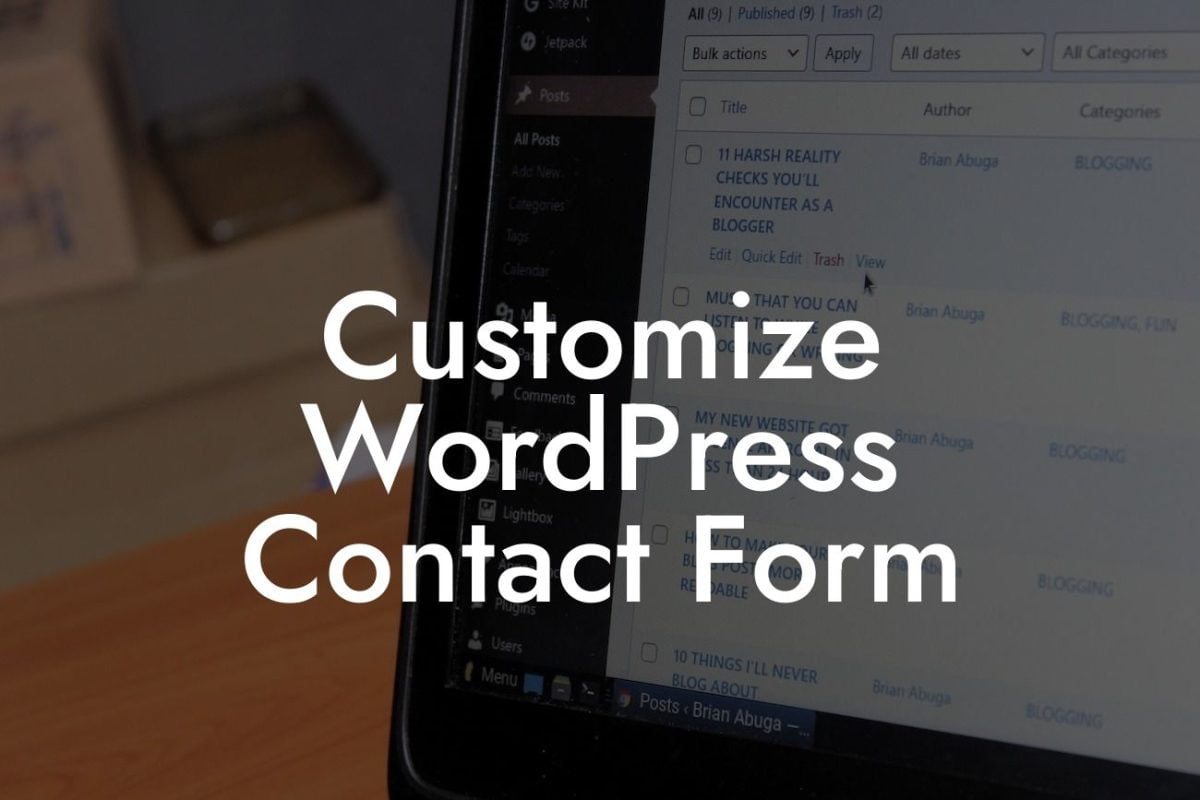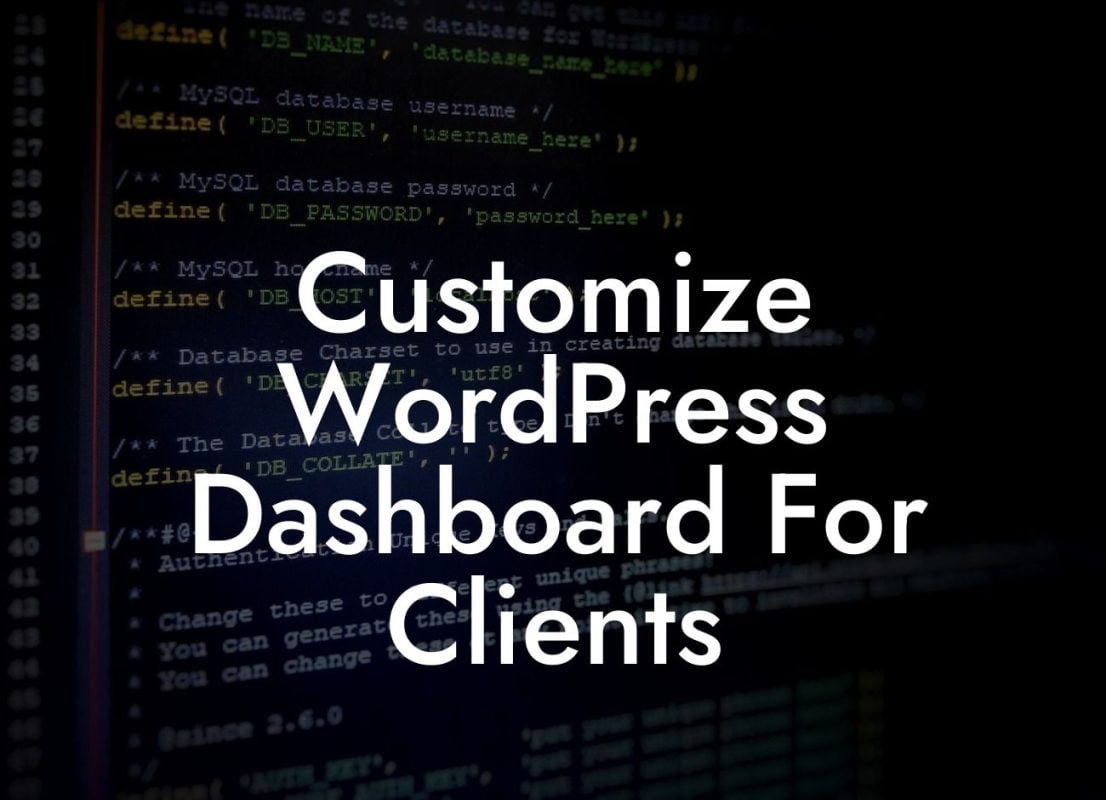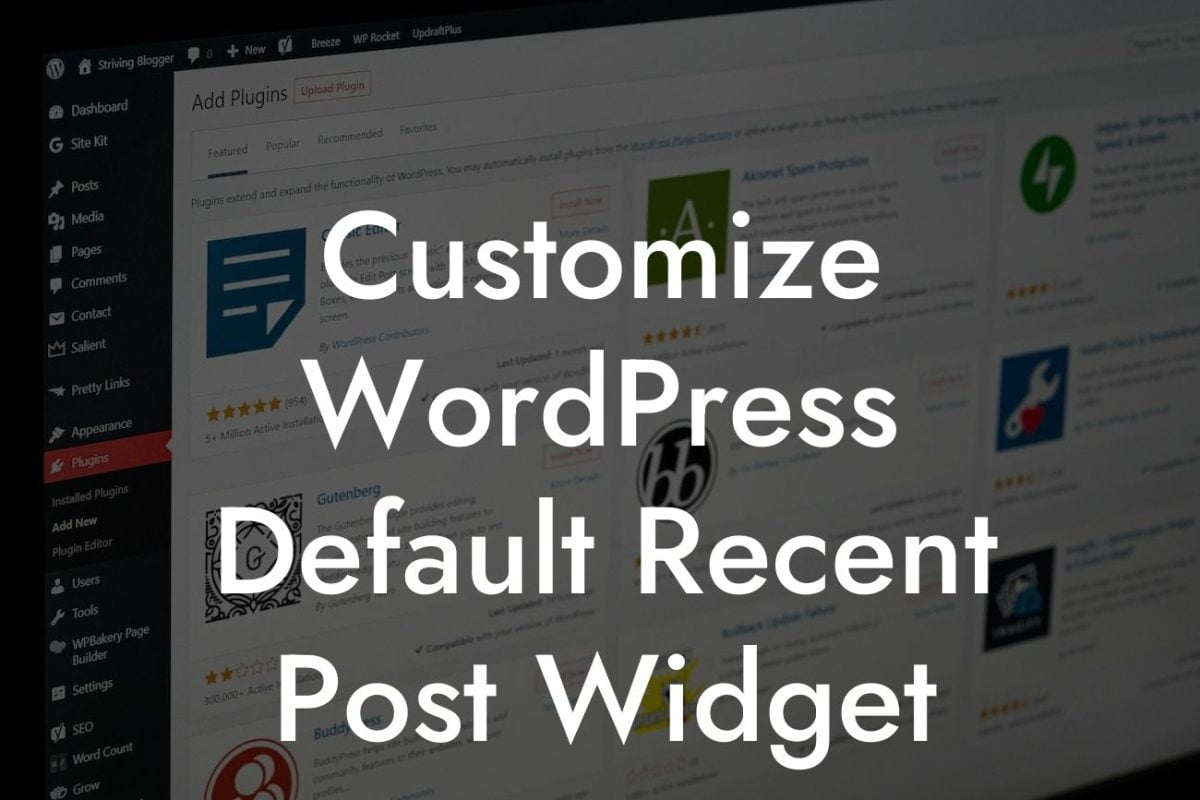If you're a small business owner or an entrepreneur looking to level up your online presence, Google Analytics is a powerful tool that can provide valuable insights and help you make data-driven decisions. In this guide, we will walk you through the steps on how to effectively use Google Analytics with WordPress. From setting up the plugin to exploring its key features, you'll gain a deeper understanding of your website's performance and optimize it for success.
Setting Up Google Analytics:
To get started, you need to sign up for a Google Analytics account and integrate it with your WordPress website. Install the Google Analytics for WordPress plugin, and follow the simple setup instructions provided. Once you've successfully connected your website to Google Analytics, it will start tracking valuable data about your website visitors, their behavior, and much more.
Exploring Key Features:
Once you have Google Analytics up and running, it's time to dive into its key features. The dashboard provides an overview of your website's performance, including metrics like the number of visitors, pageviews, average session duration, and bounce rate. Additionally, you can explore audience insights to understand who your visitors are in terms of demographics, interests, and geographical location.
Looking For a Custom QuickBook Integration?
Google Analytics also allows you to track important actions on your website through goals and events. Set up goals to measure conversions such as ebook downloads, newsletter sign-ups, or purchases. Events, on the other hand, are user interactions like button clicks, video plays, or file downloads. By tracking these actions, you can gain valuable insights into the effectiveness of your content and marketing campaigns.
Make Data-Driven Decisions:
With Google Analytics, you can make informed decisions to improve your website's performance. Identify which pages are performing well and which ones need optimization. Analyze the flow of visitors through your website, and optimize your conversion funnels to increase goal completions. Use the data to refine your content strategy, target specific audience segments, and allocate resources effectively.
How To Use Google Analytics With Wordpress Example:
Let's say you're a small business offering online courses. By using Google Analytics, you can track the performance of each course page, measure the conversion rate, and identify areas for improvement. Suppose you notice that a particular course page has a high bounce rate. This insight prompts you to optimize the page's content, improve its loading speed, and enhance the user experience. Consequently, you see a significant increase in conversions and engagement.
Now that you understand how to use Google Analytics with WordPress, you have a powerful tool at your disposal to elevate your online presence and supercharge your success. Make data-driven decisions, optimize your website's performance, and stay ahead of the competition. Don't forget to explore other helpful guides on DamnWoo and try one of our awesome plugins to further enhance your online presence. Share this article with others who can benefit from it and let's grow together.

